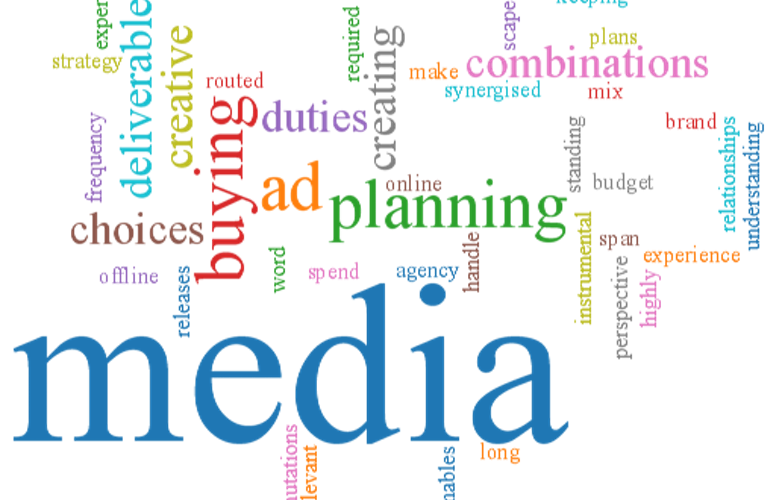By Abimbola Mohammed
The traditional approach of solely providing media buying and planning services is no longer prevalent among practitioners in the media buying industry. Recognizing the need to remain competitive in today’s landscape, media buying and planning agencies have expanded their service offerings to encompass a wider range of options.
Such innovative agencies are moving along with the trends while providing solutions and offering value to clients. Some of these offers include content creation, audience segmentation, measurements and even data-driven insight to brands and businesses.
In a report by a research firm Fact.mr, as of 2022, said the worldwide market for media purchasing services is valued at $69 billion. It is projected to grow at a compound annual growth rate (CAGR) of 6.2%, aiming to reach an estimated $125.9 billion by 2032.
While PwC’s report on global advertising sector is projected to reach USD$1 trillion by 2027, the advertising sector is projected to grow by 7.6% between 2022 and 2023. Africa’s advertising spend is projected to grow from US$10.3billion to US$11.8billion from 2023 to 2027 at CARGA of 2.8%. The African projected growth rate is linked to availability of mobile technology and internet access.
Example of media agencies that are evolving with current realties are Algorithm Media, PHD Media, Space Universe etc.
Algorithm Media introduced Audience Origin aimed at positioning itself as a one-stop solution for brands and companies looking to get accurate data for their business. Launched in 2022, the agency said the platform is a unique combination of panel-based data, digital data, and client data for deep audience understanding and activation.
Audience Origin in Nigeria stemmed from the growing demand from clients for better quality of data and insights around consumer attitudes, preferences and behaviour.
PHD Media, one of the world’s fastest growing media and communication agency networks, and part of the Omnicom Media Group, launched an innovative proprietary cloud-based media data tool, called ‘Ocular’ that answers age-long questions that clients have asked around the recency of the data used in the industry.
Ocular, according to PHD media, is the result of two years of continuous research aimed at closing some of the gaps that exists within the current industry tool, with unparalleled features that surpass what already exists within the sector.
Other media agencies are also embracing emerging technologies such as augmented reality (AR), virtual reality (VR), and artificial intelligence (AI) to create immersive and personalized experiences. These technologies allow brands to engage with their audiences in new and exciting ways.
Example of such is Space Universe, when it unveiled the new age of radio advertisement called RadioAdspread, an AI driven global advertisement platform that digitalizes the operation of radio advert while providing real-time report of the campaign.
According to Space Universe, the platform enables business owners, advertising agencies, and marketing managers to easily create and manage radio advertisements remotely and connect with radio stations across Nigeria from anywhere in the world.
As we move forward, media agencies will encounter a range of both challenges and possibilities. The continuous evolution of technology will significantly influence the media industry. To remain competitive, media agencies must adjust to these changes and devise inventive strategies for utilizing them to their clients’ advantage.






Comment
No comments found.